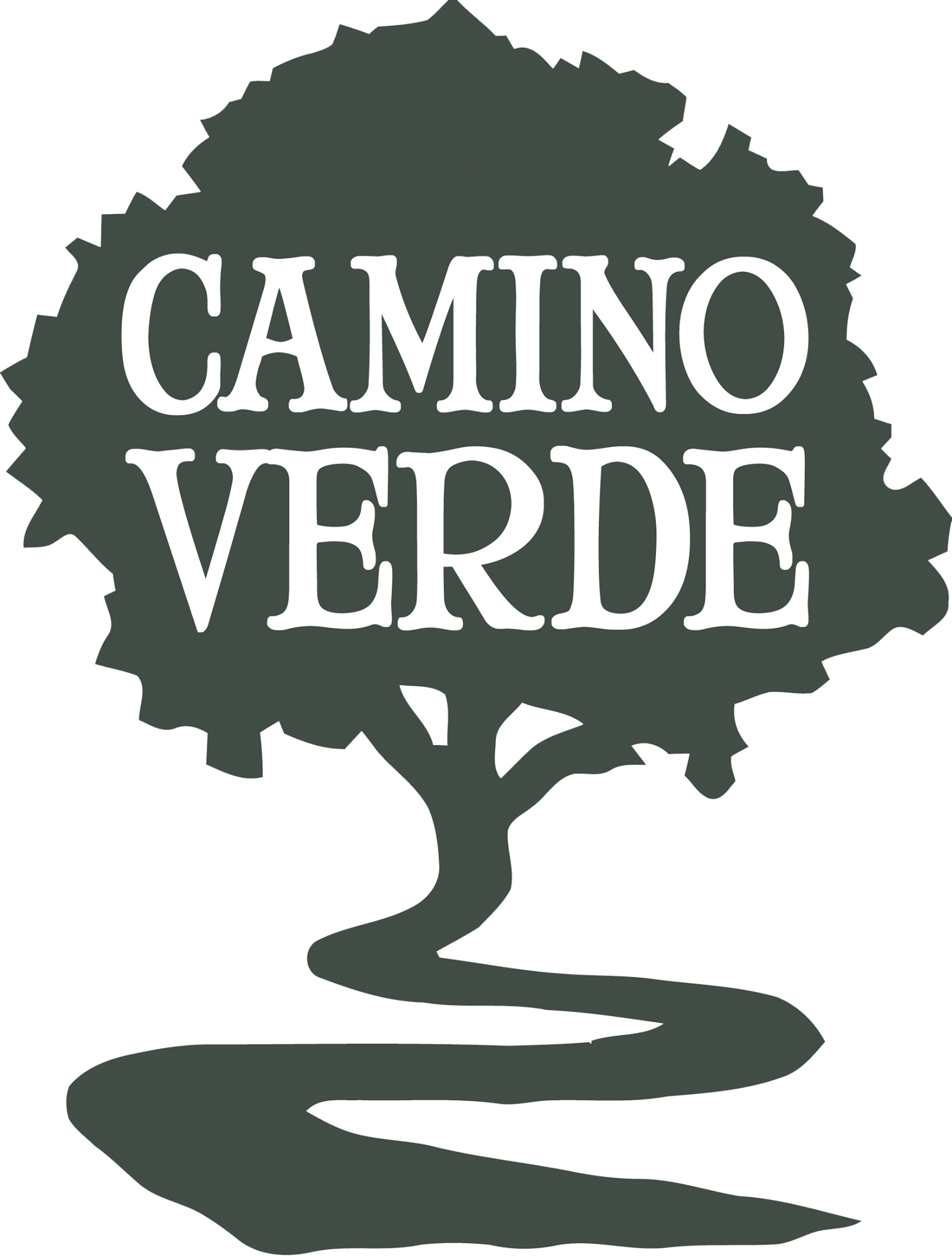The Promise of Biochar
Camino Verde La Joya Nursery staff shows off some of 2016's seedlings, each and every one of which contains a payload of biochar in its pot. The seedlings from left to right: Aspidosperma sp., Dipteryx micrantha, Croton lechleri, and Salix humboldtiana.
My friend Luis says he hardly notices it, clearing his throat sharply. See, Luis lives right next to a hardworking family that makes its living producing charcoal here in the Peruvian Amazon. There’s a local market for hardwood charcoal, which city dwellers and rural folk alike use for home cooking. Though it’s not the only source of fuel (Peru is rich in natural gas, used for kitchen stoves and even as a fuel for cars in the country), charcoal is relatively cheap and easier to deal with than firewood. (Luis's name has been changed to respect his privacy.)
But what Luis and his neighbor don’t know is that charcoal production takes a heavy toll on human health. Living in close proximity to charcoal production is linked with a variety of chronic respiratory ailments. The wood gases and particles released during the processing of most artisan charcoal have an impact on public health, with children and pregnant women especially affected. If they decide to have kids, Luis and his wife won’t have the luxury of moving away from this invisible menace.
Copaifera sp. seedlings enriched with biochar.
The charcoal producers aren’t exactly the picture of big toxic offenders. Born in the highlands and migrating to the rainforest to escape the terrorism of the Shining Path in the early 90’s, the couple in charge of this family char operation is welcoming and friendly. We get to talking and you can tell these are hardworking people. What they do is actually a form of recycling: they pick up small leftover pieces of lumber from sawmills and carpentry shops, where they represent a waste that’s often burnt to ash. The carboneros rightfully claim to turn it into something more useful.
Intriguingly enough, Luis is happy to help himself to the charcoal dust which is itself refuse to his carbonero neighbor. That’s because Luis is an organic farmer, and charcoal dust is great for the soil. When used in agriculture, it’s called biochar. Some specialists believe biochar represents a revolution in organic farming.
So the problem isn’t the what, it’s the how. People need charcoal, and producing it from discarded materials is actually ideal. But what if the neighbors could create this needed product in a way that doesn’t affect the health of the community?
In fact, there are just such environmentally sound ways of producing charcoal, in which emissions are minimized and a net carbon negative effect is reached (the carbon in charcoal is held in a very stable captured form, at least when used as biochar). One of these environmental techniques is found in the Adam Retort oven, an appropriate technology design made from materials readily found at low cost in most developing countries. Developed in East Africa by Dr. Christoph Adam, the retort that bears his name is now found all over the world – and, for the first time ever, in Madre de Dios, Peru.
The Madre de Dios region's first Adam Retort oven is at the Camino Verde La Joya Nursery.
Camino Verde’s first Adam Retort was constructed last month, thanks to your support. Located at our La Joya Forestry Nursery, the oven will provide charcoal for our nursery soil mix and to farmers who want to try it out. With carbon partners and donors alike, we can now measure in pounds or kilograms the actual amount of carbon captured in stable form for hundreds or even thousands of years. Biochar is a stable carbon sink, and along with reforestation is one of the world’s simplest, most cost effective methods to pump carbon out of the atmosphere.
Now you can neutralize your carbon footprint in a totally transparent way. Your donation goes directly to production of charcoal that traps CO2 for centuries to come. No joke. This ancient technology is more important now than ever before. Please drop us a line if you want help calculating your carbon footprint.
Special thanks is in order to the donors who made our Adam Retort possible, especially to partner company Pacha Soap for their direct support of restorative innovation.
One area of the Camino Verde La Joya Forestry Nursery





